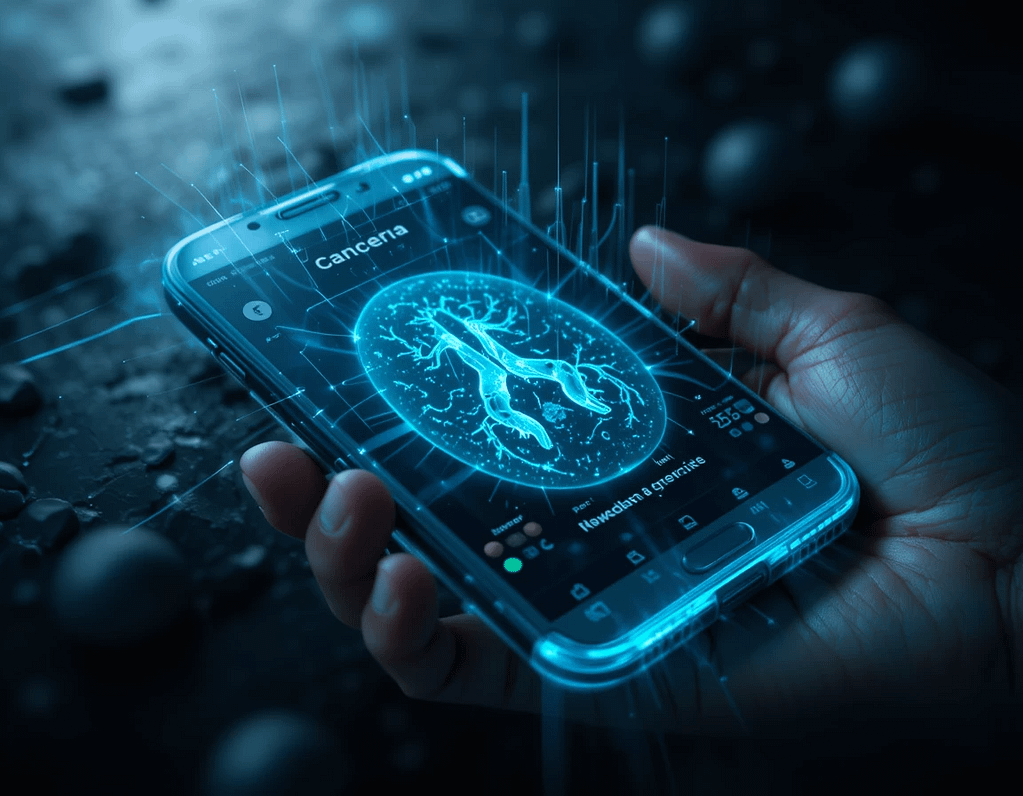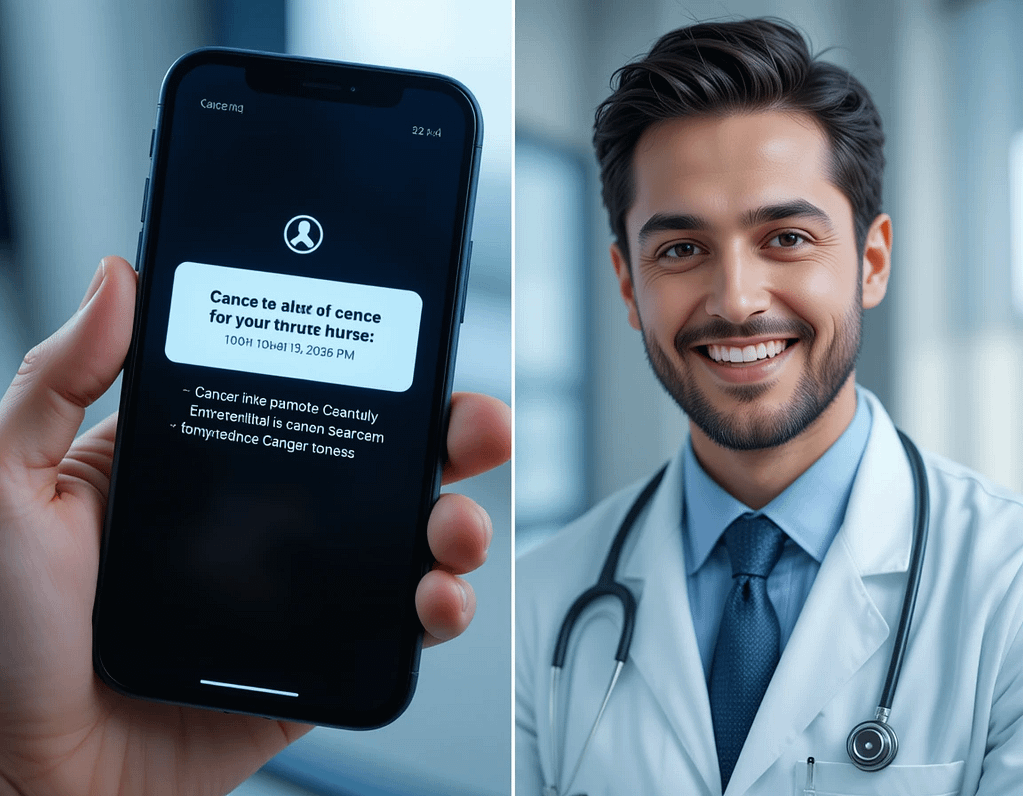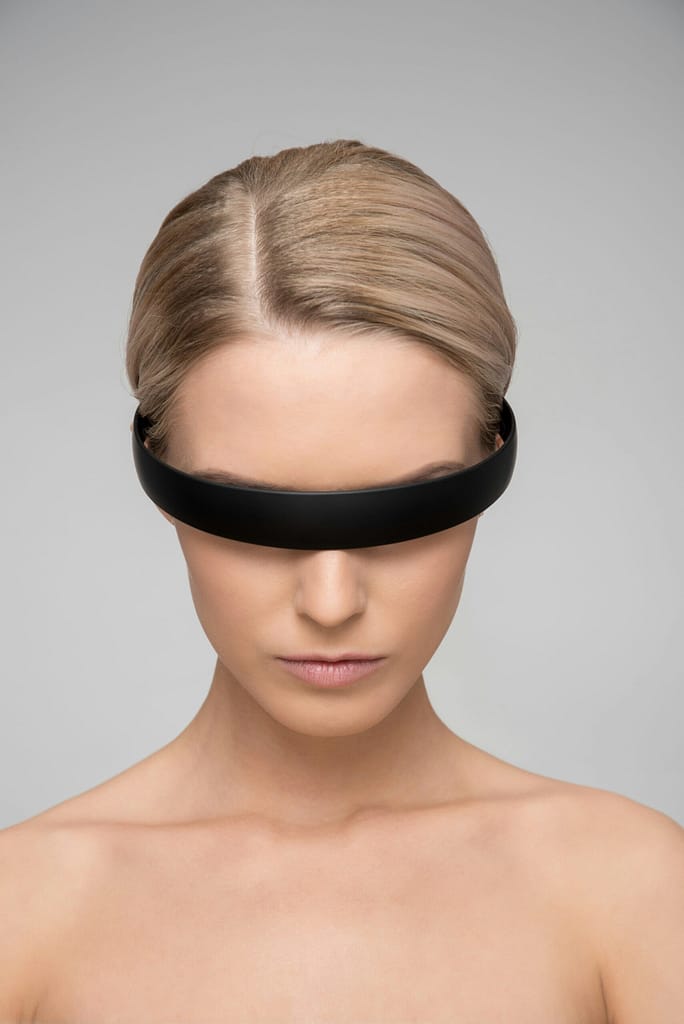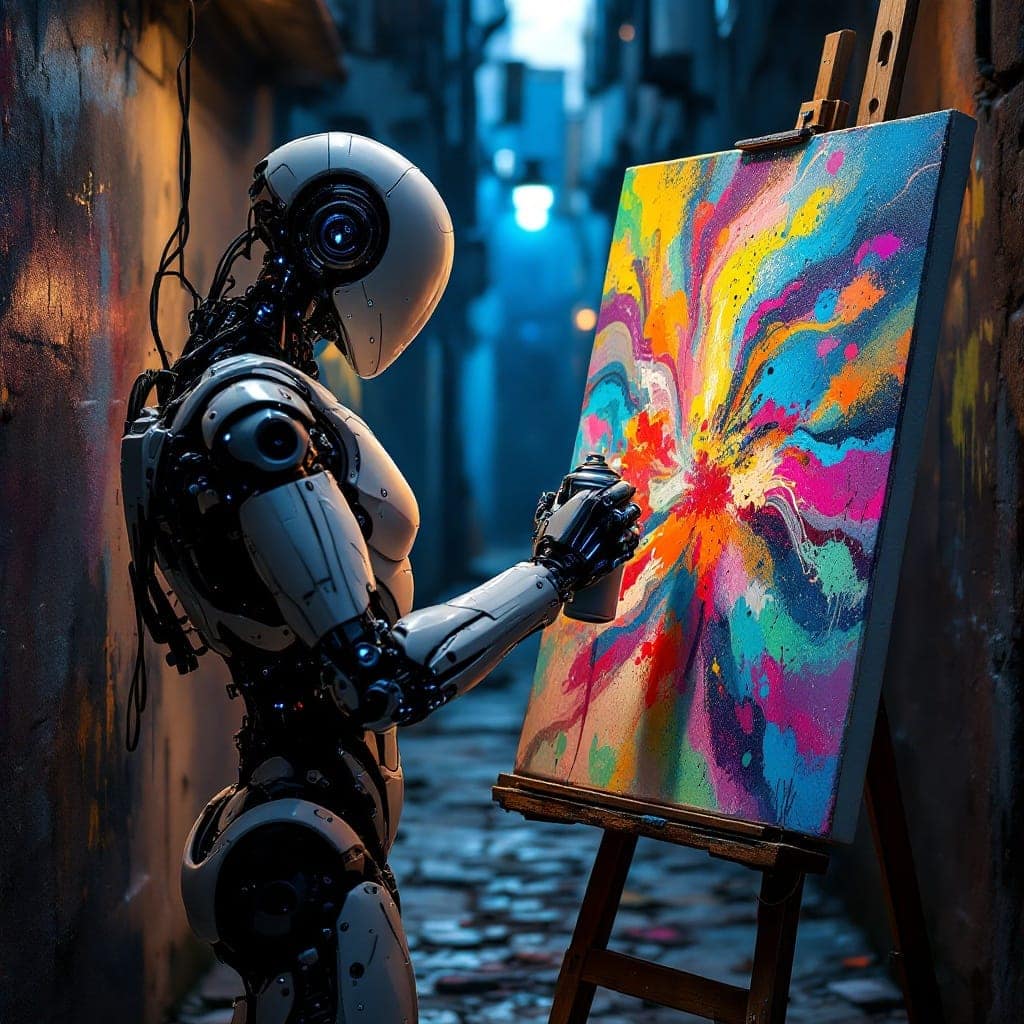
Your Phone Might Spot Cancer Before Your Doctor
Introduction
Imagine a world where your smartphone—yes, the same device you use to scroll X or snap selfies—could detect cancer with near-perfect accuracy before your doctor even gets a chance. It sounds like science fiction, but recent breakthroughs in generative AI are turning this into a chilling reality. Smartphone cancer detection is no longer a distant dream; it’s a looming possibility that could redefine healthcare as we know it. But here’s the kicker: while the promise of early cancer detection is thrilling, the implications are downright terrifying. From privacy nightmares to the erosion of human expertise, this tech could flip our lives upside down in ways we’re not ready for. Let’s dive into why smartphone cancer detection might be the Pandora’s box we didn’t see coming.
The Rise of Smartphone Cancer Detection
The idea of smartphone cancer detection hinges on generative AI—technology that can create, analyze, and predict with uncanny precision. Recent buzz on X and beyond points to a new AI model boasting near-perfect cancer detection capabilities. Picture this: a simple app on your phone, paired with a camera or sensor, scans your skin, breath, or even a blood sample you prick at home. The AI crunches the data, spots patterns invisible to the human eye, and delivers a verdict: “You’re at risk.” No waiting rooms, no white coats—just you and your device.

This isn’t entirely hypothetical. AI models are already being trained on vast datasets—medical imaging, genomic sequences, even lifestyle metrics pulled from wearables. Add the smartphone’s ubiquity (over 6 billion users worldwide) and its growing tech—high-res cameras, infrared sensors, and processing power—and you’ve got a portable diagnostic tool. Companies like Google and Apple have dipped their toes into health tech with apps like Google Fit and Apple Health. It’s not a stretch to imagine them integrating smartphone cancer detection next. The tech is here; it’s just waiting to be unleashed.
The Promise: A Healthcare Revolution
On the surface, smartphone cancer detection sounds like a godsend. Early detection is the holy grail of cancer treatment—catch it before it spreads, and survival rates skyrocket. The American Cancer Society notes that 5-year survival for localized breast cancer is 99%, but it drops to 31% once it metastasizes. If your phone could flag a mole or a cough as cancerous months before symptoms, it could save millions of lives. Rural areas, where doctors are scarce, could benefit most—your phone becomes the first line of defense.
Cost is another win. Traditional diagnostics—biopsies, MRIs, lab tests—rack up bills fast. Smartphone cancer detection could slash those expenses, making healthcare accessible to the masses. Imagine a $5 app subscription replacing a $500 scan. For developing nations, this could be a game-changer, leveling the playing field against a disease that kills over 10 million people yearly, per the WHO.
The Terrifying Flip Side: Privacy at Stake
But here’s where it gets creepy. Smartphone cancer detection means your phone knows more about your body than you do. Every scan, every data point—it’s all stored somewhere. Who owns it? You? The app developer? The cloud provider? Health data is gold to corporations—insurance companies could jack up premiums based on your risk profile, or advertisers could target you with “miracle cures.” A 2023 study by the University of Cambridge found 87% of health apps share data with third parties. Now imagine that data includes your cancer risk.
Worse, what if it’s hacked? Cyberattacks on healthcare systems are up 300% since 2019, per the U.S. Department of Health. A breach of smartphone cancer detection data wouldn’t just leak your email—it could expose your most intimate vulnerabilities. Picture a ransomware demand: “Pay up, or we tell the world you’re at risk.” Privacy isn’t just compromised; it’s obliterated.
The Erosion of Human Expertise
Then there’s the doctor problem. If smartphone cancer detection becomes the norm, what happens to physicians? Generative AI’s precision could outstrip human diagnosticians, reducing doctors to mere overseers—or sidelining them entirely. A 2022 Stanford study showed AI outperforming radiologists in spotting lung cancer on X-rays. Scale that to smartphones, and the stethoscope might become a museum piece.

This isn’t just about jobs; it’s about trust. Humans bring empathy, intuition, and context—things AI can’t fake (yet). Your phone might say “cancer,” but it won’t hold your hand or explain the odds. Over-reliance on smartphone cancer detection could turn patients into data points, stripping healthcare of its human soul. And what if the AI’s wrong? False positives could spark panic; false negatives could kill. Doctors catch nuance; algorithms chase patterns.
The Pharmaceutical Fallout
Here’s an unexpected twist: smartphone cancer detection could tank Big Pharma. If cancer’s caught early, the need for expensive, late-stage treatments—chemo, radiation, blockbuster drugs—plummets. A 2024 report by McKinsey pegs the global oncology market at $200 billion. Slash diagnoses at stage 3 or 4, and that shrinks fast. Prevention and early intervention—think lifestyle apps or cheap generics—could dominate instead.
Pharma won’t go quietly. They might lobby against smartphone cancer detection, arguing it’s unreliable, or pivot to controlling the tech themselves. Imagine Pfizer owning the app that flags your risk—then selling you their preemptive drug. The power dynamic shifts from doctors to corporations, and your phone becomes their Trojan horse.
The Social Chaos
Zoom out, and the societal ripples are wild. Smartphone cancer detection could spark a hypochondriac epidemic—everyone scanning daily, obsessing over every ping. Mental health could tank as “at risk” becomes the new normal. X posts already show people freaking out over fitness tracker glitches; amplify that with cancer stakes.
Inequality’s another beast. Wealthy nations might roll out smartphone cancer detection seamlessly, while poorer ones lag, widening health gaps. And within societies, who gets the premium app? The free version might miss rare cancers, leaving low-income users exposed. Tech bros might tout “democratization,” but the reality could be a new caste system—health determined by your phone plan.
The Ethics of Control
Finally, there’s the existential question: who controls this power? Governments could mandate smartphone cancer detection, turning your device into a surveillance tool. China’s social credit system already tracks behavior; add health data, and dissenters might be flagged as “unhealthy” risks. In democracies, regulators might botch oversight, letting tech giants run wild. Either way, your phone stops being yours—it’s a leash.
And what about consent? Kids with smartphones could scan themselves—or others—without understanding the stakes. Parents might monitor teens, employers might screen workers. Smartphone cancer detection blurs the line between empowerment and intrusion, and we’re not ready for the fallout.
Conclusion
Smartphone cancer detection is a double-edged sword—life-saving potential wrapped in a nightmare of privacy, power, and human cost. It could catch cancer before your doctor, yes, but at what price? Your data, your trust, your autonomy—all could be collateral damage. This isn’t just tech evolution; it’s a societal earthquake, and we’re standing on the fault line. The future’s rushing at us, and it’s terrifyingly unclear if we’ll master it—or if it’ll master us.
What do you think—would you trust your phone to spot cancer, or is this a step too far? Drop your thoughts below and join the conversation. Let’s figure out this brave new world together.


